-
How a proxy server works
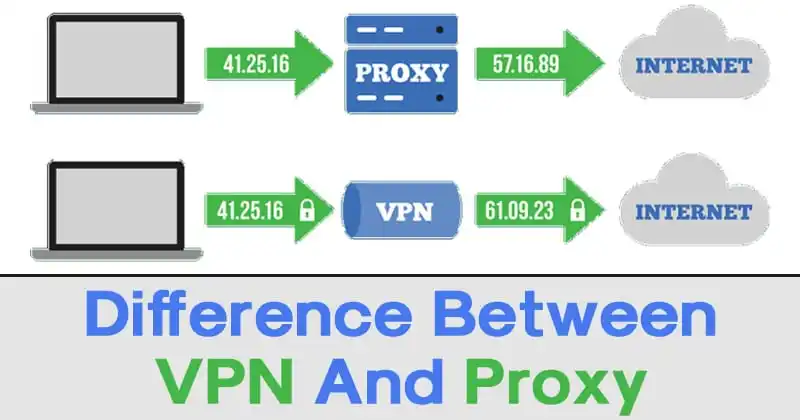
Proxies are simple middlemen that sit between you and the resource you’re trying to access. When you send a request through a proxy, the proxy server makes the request and returns the result for you. Regardless of which exact type of proxy you’re using, this general principle usually applies. Proxies do not normally place your…
-
Types of proxy servers
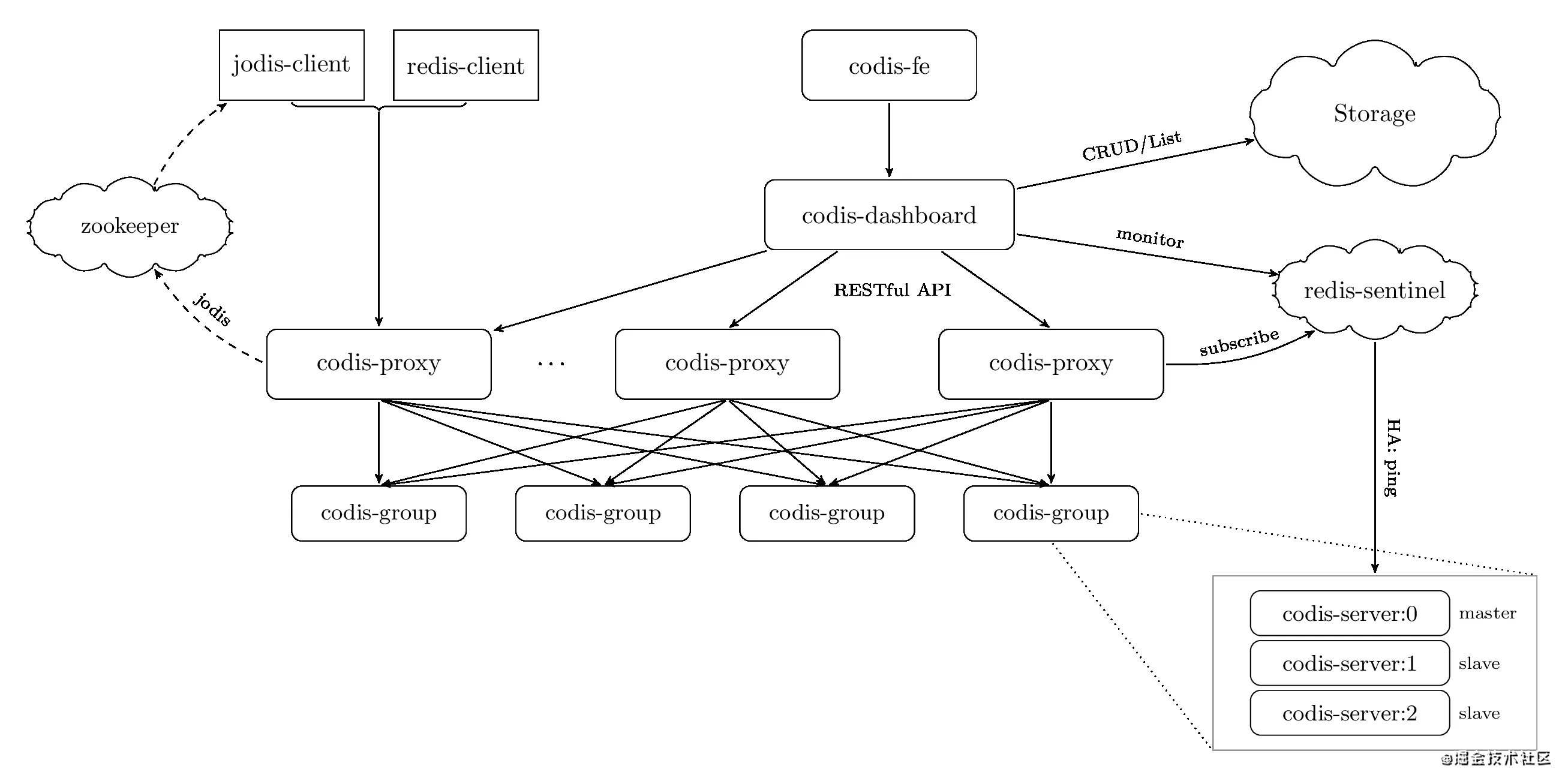
Proxy servers have different types based on performance and efficiency; You should use them according to your purpose. Transparent ProxyThis type of Proxy server introduces itself to the website as a Proxy server by providing the user’s original IP Address to the site, Introducing the user to the web server, and it has elementary settings;…
-
5 Mainly Reasons to use a Proxy Server
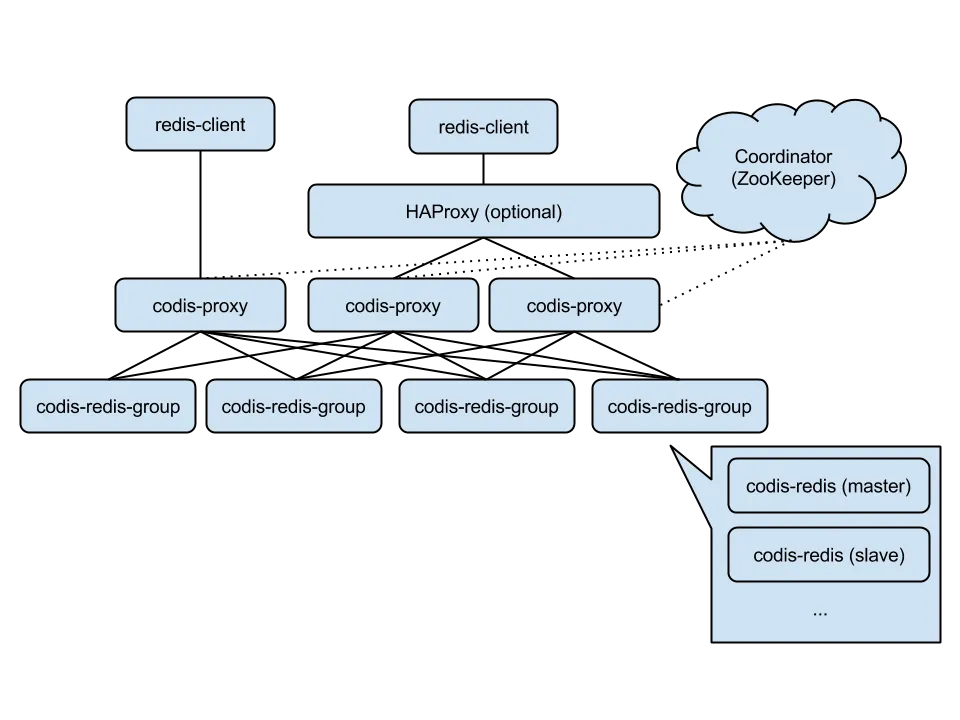
Organizations and individuals use Proxy Server for different purposes and functions; here are some of the main reasons for using Proxy server: PrivacySome organizations tend to hide their IPs so that they can operate anonymously and privately on the web; As we mentioned at the beginning of the article; the proxy servers can change IPs,…
-
What Security Risks are Associated with Using a Proxy Server?
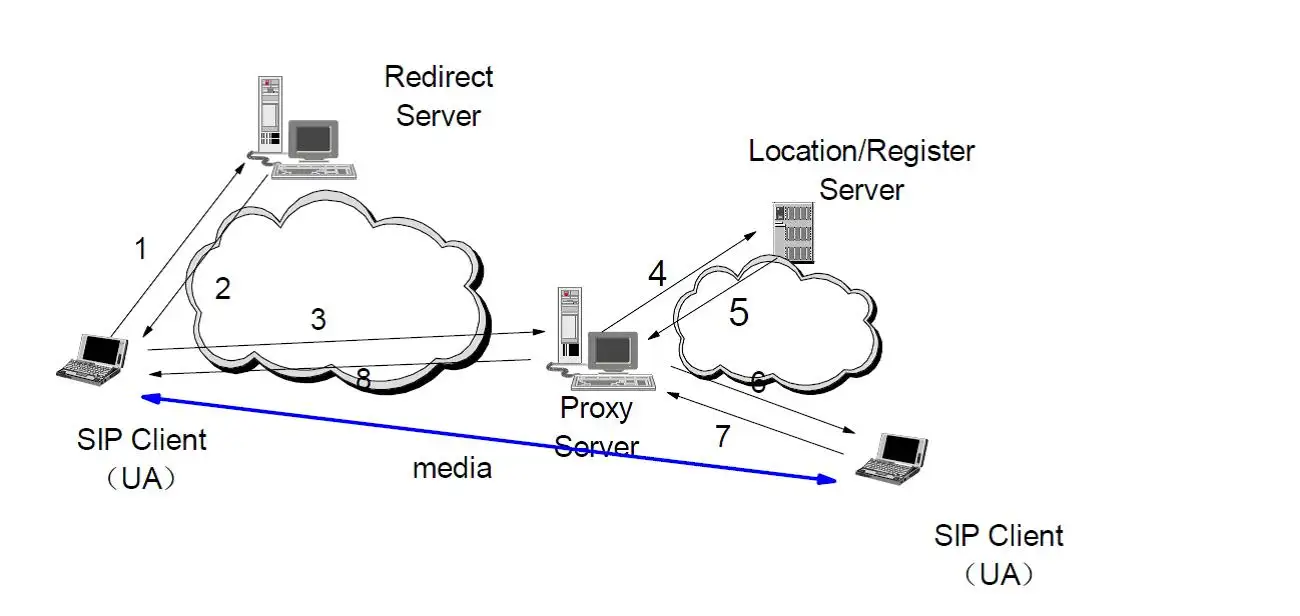
Like any third-party service operating over the Internet, proxy servers are not without their cyber risks. Users should understand the common risks associated with proxies to decide if they are fit-for-purpose. Lack of encryption: Unless a proxy is configured with encryption, it will operate through an unsecured connection. Attackers can easily intercept communications over unsecured…
-
What is the Difference Between a Proxy Server and a VPN?
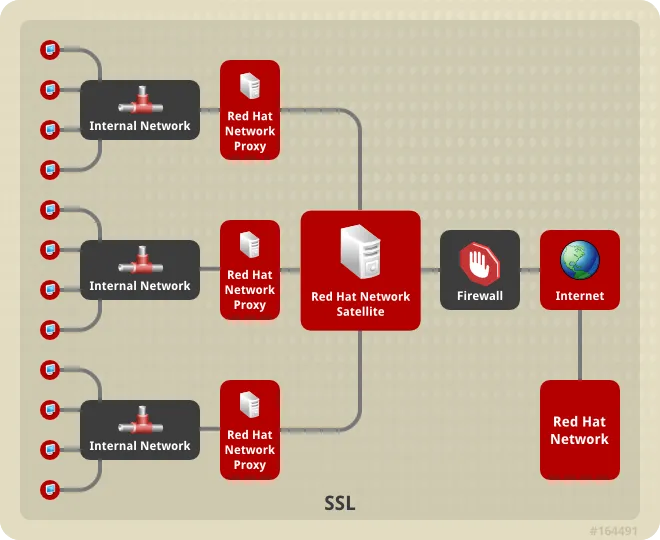
While proxy servers and VPNs (Virtual Private Networks) share some common features, their differences far outweigh their similarities. Proxy servers and VPNs both act as an intermediary between the user and a website. Proxies and VPNs forward the user’s request to the web server and conceal location and connection information by changing their IP addresses.…
-
What are the different types of proxy servers?

This question has two very different answers: one is about types of proxy servers, the other is about proxy server protocols. Let’s start with the types of proxy servers: Reverse proxy: You don’t know you’re connecting to one, but it has the power to collect the data you need from several websites before returning it…
-
Types of Proxy Servers
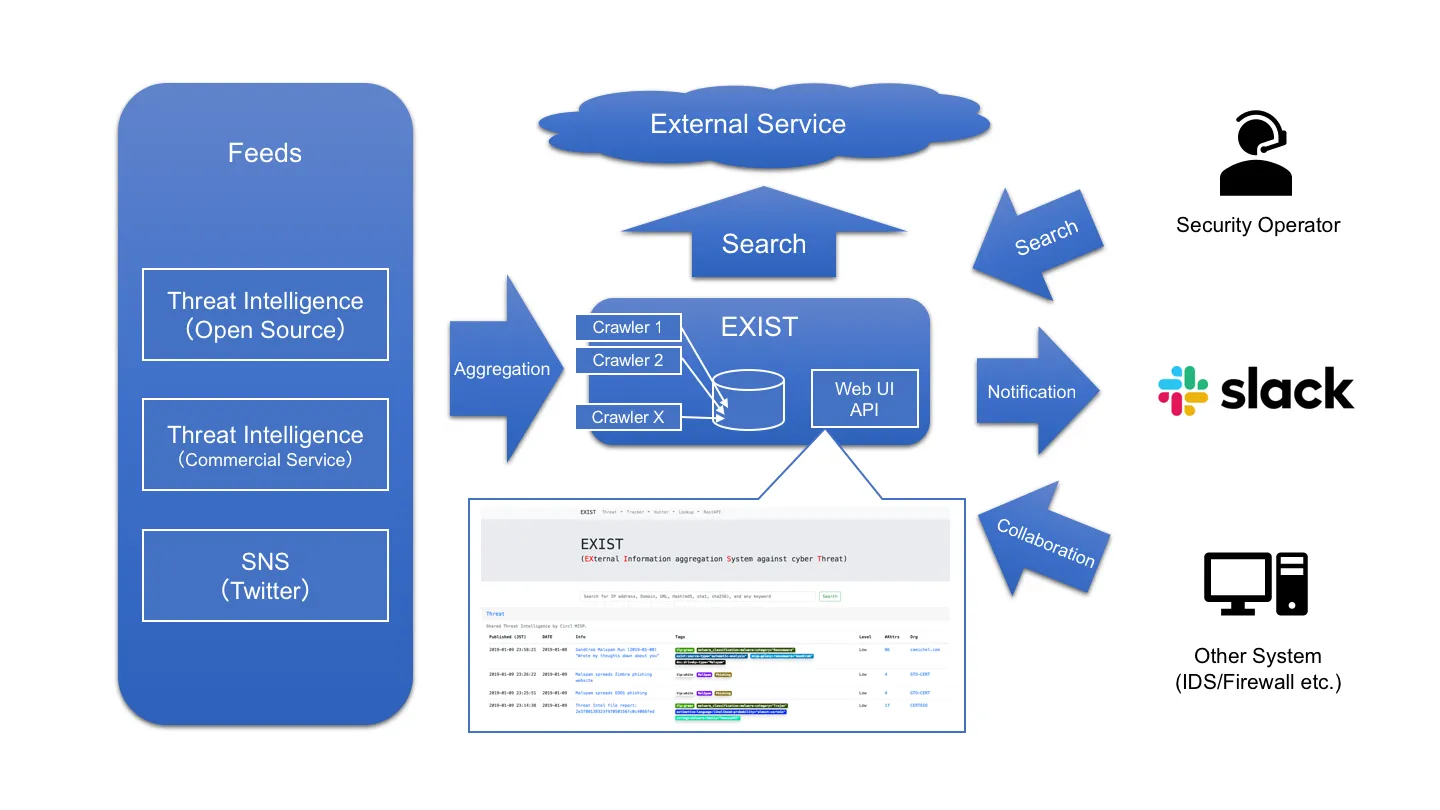
While all proxy servers give users an alternate address with which to use the internet, there are several different kinds—each with its own features. Forward ProxyA forward proxy sits in front of clients and is used to get data to groups of users within an internal network. When a request is sent, the proxy server…
-
What Do You Know About Proxy Servers?

For those already familiar with the function of a proxy server, there’s a good chance that the mere mention of them brings up images ranging from, that of your friendly network engineer to those of steam pumpkin inspired hackers, brandishing ridiculous looking headgear. While these two extremes are not totally incorrect, they don’t exactly represent…
-
What does a proxy server do, exactly?
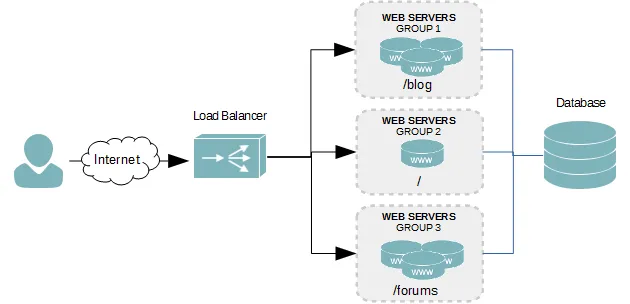
As your intermediary on the web, proxy servers have many useful roles. Here’s a few of the primary uses for a proxy server: Firewalls: A firewall is a type of network security system that acts as a barrier between a network and the wider internet. Security professionals configure firewalls to block unwanted access to the…
-
How does a proxy server work?
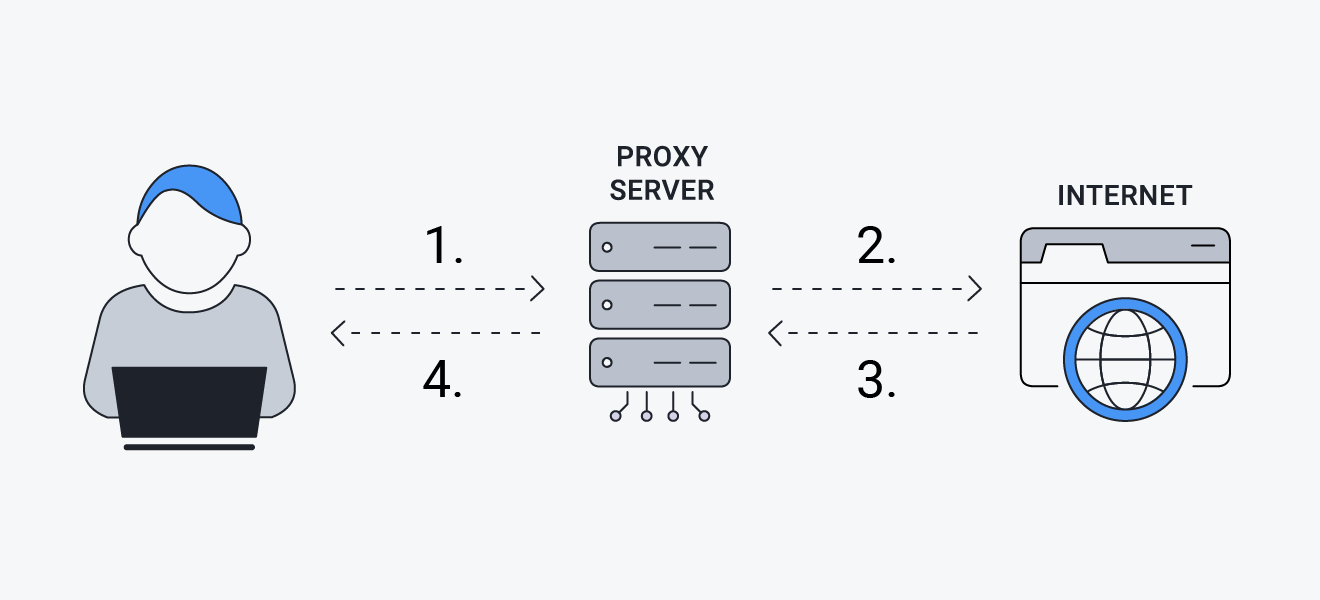
A proxy server relays your internet requests out to their respective destinations, then fields the responses and passes them back to you. With a proxy server, the only point of contact between your device’s local network and the websites you’re visiting is the proxy server itself. All proxy servers work with your computer’s IP address.…